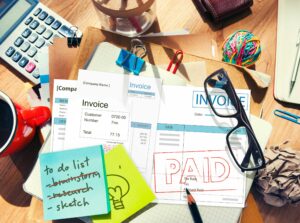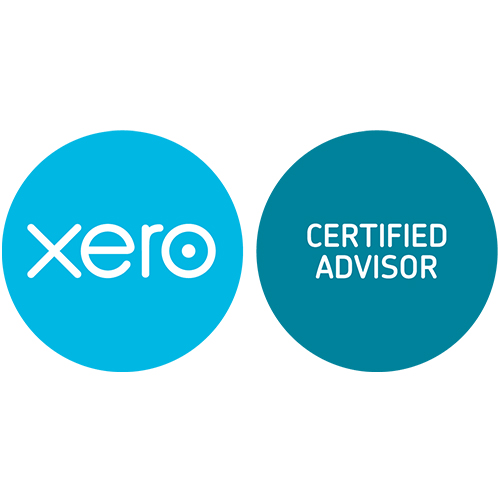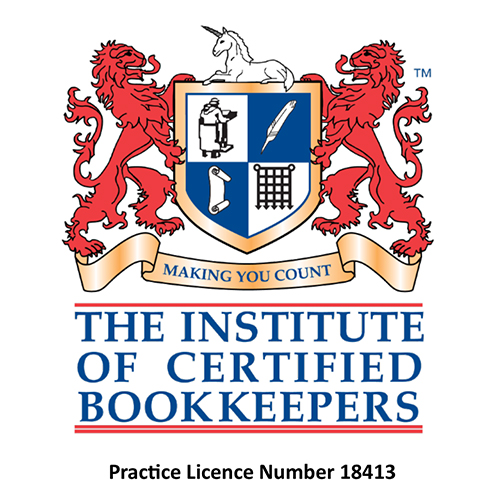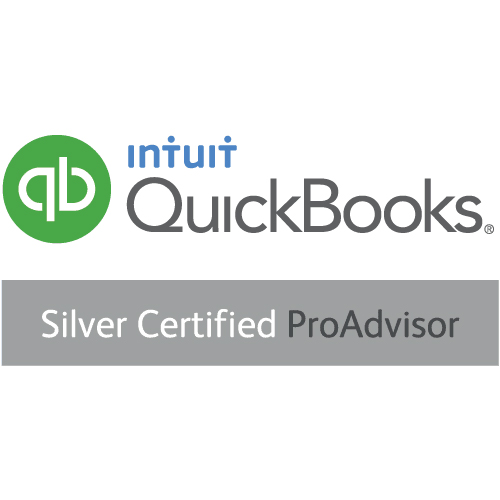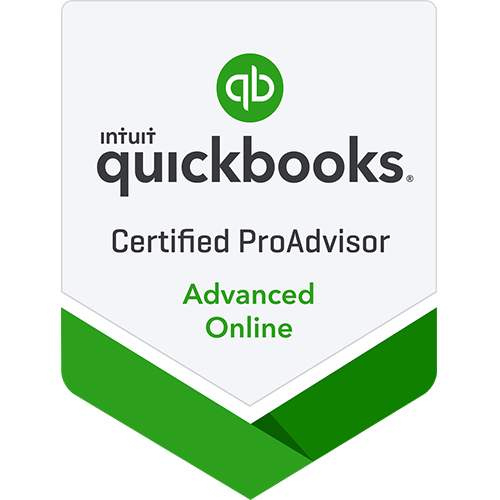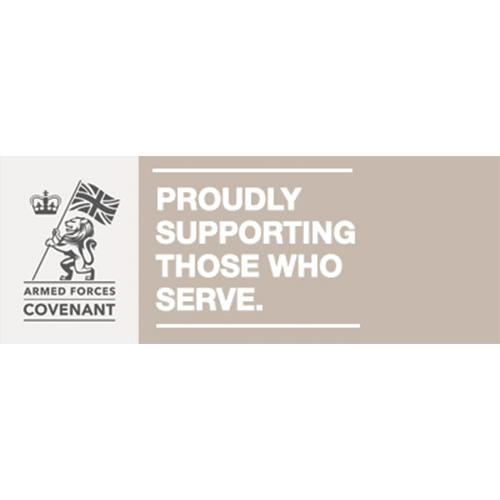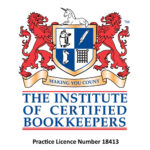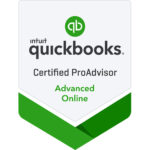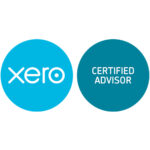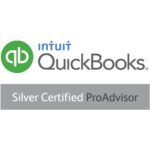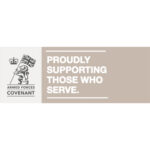Running an online business can be exciting and rewarding, but it also comes with its fair share of challenges – accounting included. As an online business, you need to make sure you’re staying on top of your finances to ensure you’re making a profit and complying with tax regulations.
Here are our tips for helping you keep your finances on track…
Keep Good Records
The first step to successful accounting is keeping good records. Make sure that you’re keeping track of all your sales and expenses, including receipts and invoices. This will make it easier to prepare your tax return and ensure that you’re paying the right amount of tax.
Separate Business and Personal Finances
It’s a good idea to keep your business and personal finances separate. We’d recommend having a separate bank account for your business so you’re not using your personal account for business transactions. This will make it easier to track your business incomes/expenses, with no danger of mixing up any personal transactions.
Use Accounting Software
Accounting software can be a great tool for small business owners. It can help you track your income and expenses, generate invoices, and prepare financial statements. There are lots of options out there, so we’d recommend finding one that is designed for small businesses and integrates with your online selling platform. Some of the most popular ones are Xero, QuickBooks and FreeAgent.
Stay Organised
Staying organised is key to successful accounting. Having a system in place for filing your receipts and invoices will make your life so much easier (and your bookkeeper/accountant will thank you for it). If you’re not ready to invest in accounting software, you should keep a spreadsheet of all your income/expenses but bear in mind, with Making Tax Digital on the horizon, you won’t be able to use a spreadsheet for long.
Monitor Your Cash Flow
Cash flow can be the difference between the success and failure of a small business. Therefore, you need to make sure you’re monitoring your cash flow on a regular basis, to know when you might be spending more than you’re making and vice versa.
If you use accounting software, often it will predict your cash flow for the coming months but it’s not always accurate. Only you (and your accountant, if you have one) will know your business inside out. If you have big sales periods, like in the lead up to Christmas, but the rest of the year is quieter, this has an impact on your cash flow.
It’s all about being prepared and knowing what to expect so you can manage things actively and adjust your spending or look for ways to increase your sales, if needed.
Understand Your Tax Obligations
As a small business owner, you have certain tax obligations. It’s really important you understand what taxes you are eligible to pay and when you need to pay them.
You may want to consider working with an accountant to ensure that you’re complying with all UK tax regulations. If you’d like to discuss working together, we’d love to talk to you.
Plan for the Future
Finally, it’s important to plan for the future. This means setting goals for your business and creating a budget to help you achieve those goals.
You may also want to consider setting up a pension plan for yourself – which is something that’s often forgotten about by small business owners.
Accounting can be a daunting task for small business owners, but it’s essential to the success of your business. By keeping good records, using accounting software, staying organised, monitoring your cash flow, understanding your tax requirements, and planning for the future, you can stay on top of your finances and help ensure the long-term success of your business.
If it feels too much to keep up with, that’s what we’re here for. Give us a shout and we’ll be more than happy to talk you through the ways in which we could support your business moving forward.




